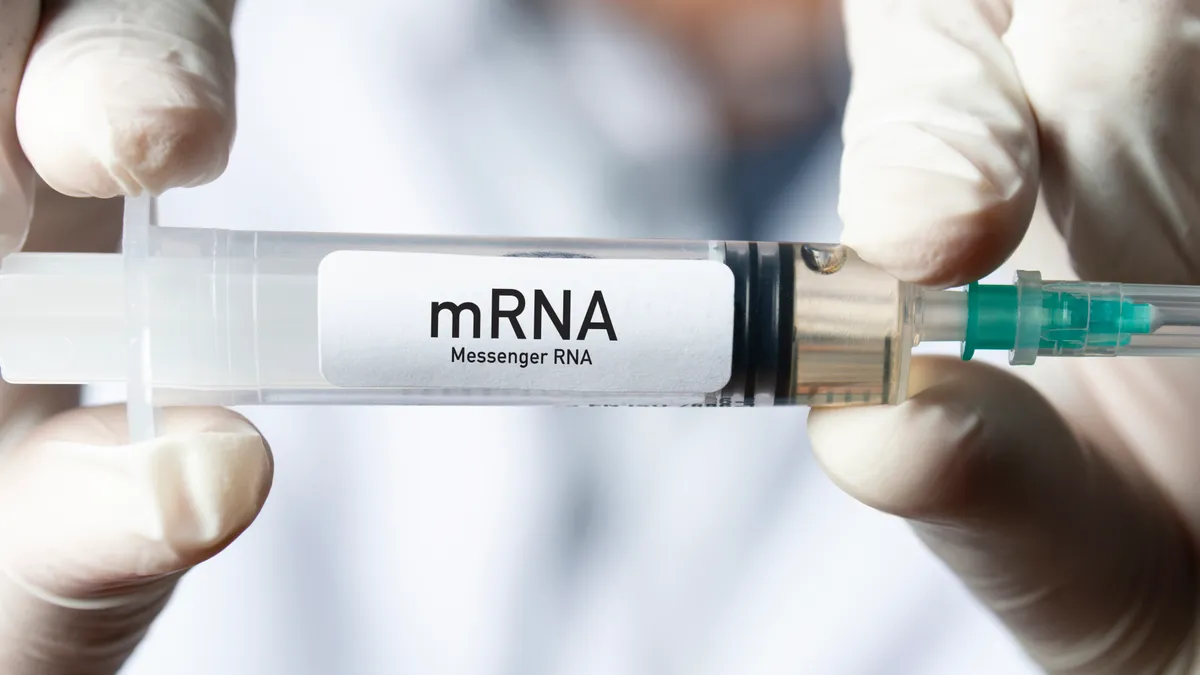Contracting for Clinical Success Clinical Research VIEW on Biotech April 2006 Clinical excellence is a necessary component of any trial from Phase 1 to CTD preparation, but attention to detail is particularly important for biotechnology companies. Small- and midsize biotechnology companies often live and die on the results of a single clinical trial. Because most biotechnology companies rely on venture-capital funding to sustain their operations, it’s imperative that they partner with a contract research organization that has the flexibility, expertise, and knowledge to shorten development times and improve the success rates of molecules in development. This way they can sustain the attention of investors and realize continual infusions of capital. For many biotech companies, a large CRO may not be the answer. A small to midsize biotech company doesn’t need a heads-down labor force rather it needs a true outsourcing partner — a role that many niche providers are fulfilling successfully. Finding the Right Fit By focusing solely on clinical-data services, niche CROs have acquired tremendous expertise and have built true centers of excellence. This focus allows these companies to be the data experts. Inherently flexible, they are able to tailor their services to the biotech client’s needs. In essence, niche providers have become domain experts and are able to transfer this knowledge back to their clients. As biotech companies look to optimize their operations and leverage their investors’ dollars, niche providers of clinical services are large enough to undertake their clinical-data development challenges and are intimate enough to provide flexibility and tailored services. In essence, they are able to provide the benefits of an internally built clinical-development group without the downside of time-consuming organic growth, and the associated fixed-capital commitment. Additionally, niche CROs have the right mix of technologies and solutions to meet regulatory requirements. Biotech companies that are entrepreneurial, fast moving, and flat in structure are often better matched with partner organizations that have the same business model. A complementary organizational structure encourages direct communication and rapid dissemination of information. This free-flow communication channel results in more efficient and timely executions. Niche CROs also tend to have high retention rates, which provides for stability, efficiencies in their teams, and depth of knowledge. Zero Project Management Turnover Niche CROs with stable project teams can offer operational excellence and strategic input. The same individuals are involved throughout the process — from the clinical-development plan to CTD preparation and submission. Communication is direct and not mediated through layers of management or interaction between disjointed departments across an organization. Biotech companies can benefit from an outsourcing partner that establishes and implements objectives based on the continuity of the project-management team. There is no need to transfer knowledge from one strategic team to a separate operations team. There also is continuity in interactions with external centers — from input from key opinion leaders, to operational interaction with investigative sites, and representation in regulatory agencies. Transparency Because project management and reporting are transparent and clearly defined, all functional groups involved in the trial adhere to predefined objectives and metrics, which are codeveloped around the process from enrollment through analysis and reporting. By defining the metrics up front and in coordination, any points of dispute between clinical and data operations are eliminated. Advantages of Continuity By using the same group to execute the trial from Phase 1 to CTD preparation, biotech companies benefit by maintaining consistency in collection and analysis standards for all studies across the program, resulting in a faster and smoother submission. This eliminates inconsistencies when different CROs are used for the different phases of development. Likewise, using the same group for regulatory reporting and documentation — from IND preparation to CTD submission, including any intermediate reporting for FDA/EMEA packages, end of Phase II, SPA documents, end of Phase III, pre-NDA, and CTD preparation — creates one global, project repository of all clinical-data documents. This approach speeds the time to submission, and results in high-quality data as well as a greater depth of knowledge across all studies. By focusing solely on clinical-data services, niche CROs have acquired tremendous expertise and have built true centers of excellence. Yota Palli, VP, Business Development John Oates, Chief Operating Officer and Chief Financial Officer BioCor, Yardley, Pa., is a benchmark clinical research organization that specializes in clinical-data services and consulting to support Phase I through Phase IV programs from clinical plan design to defense of global regulatory submissions. For more information, visit biocor.com.
An article from











